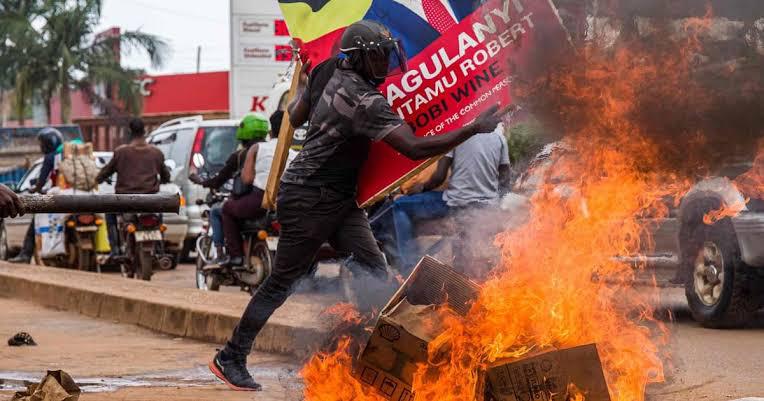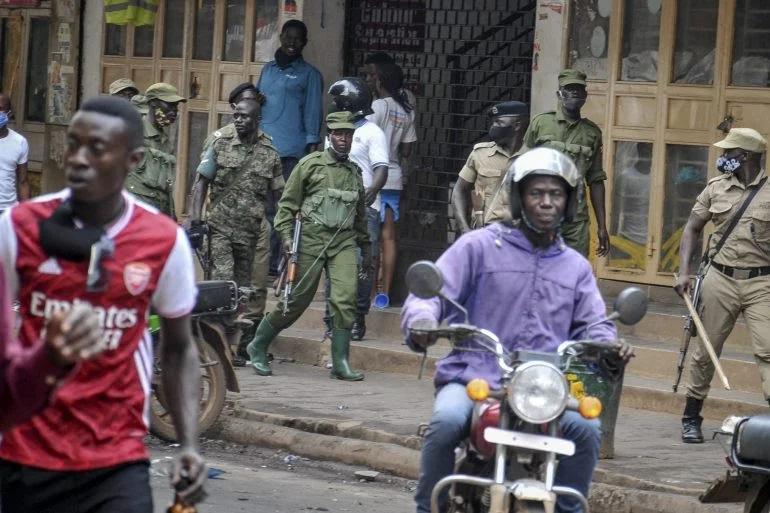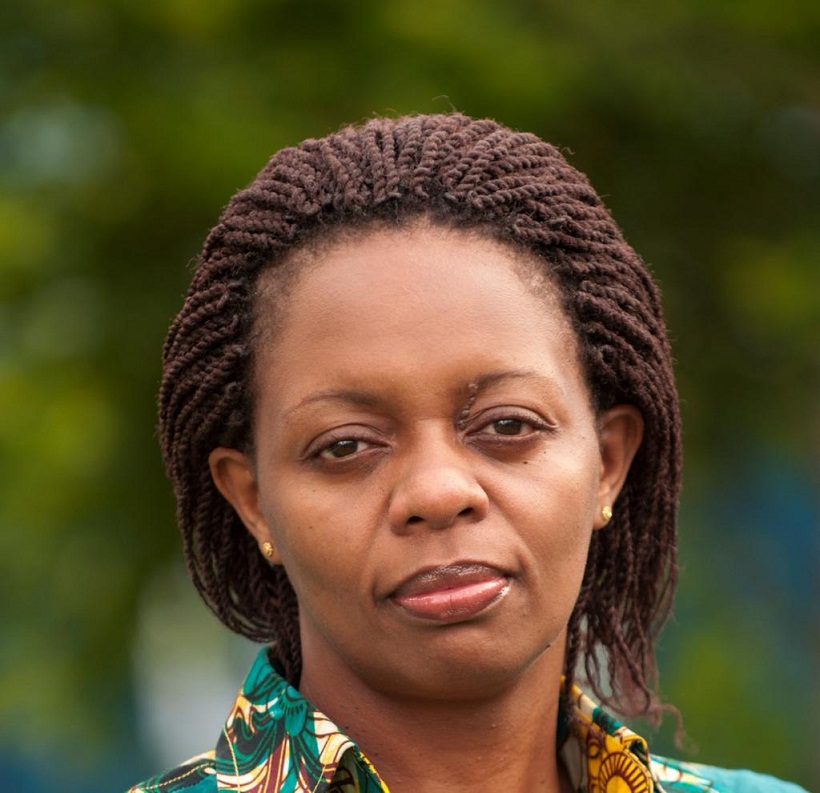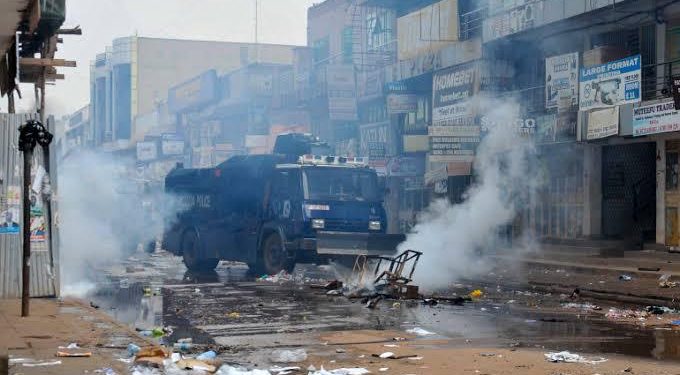By: Patricia Munabi Babiiha
A fortnight from today, more than 17 million registered voters will be casting their ballots in the 2021 general election. That means each of our 70,626 villages will be theatres of political activity as candidates for the different positions across the political divide await their fate. Whereas our country has, over the last 58 years of independence made significant strides in building the democracy project, we are far from the ideal and a lot of work remains to be done. More recently however, we have witnessed politics take a dangerous and worrying trend where candidates and some of their supporters are determined to take victory home at all costs. It is a do-or-die affair in this winner-takes-it-all game. Violence is becoming normalised. Historically, our elections have been quite fragile and volatile. The 1980 election that pitted President Milton Obote’s Uganda People’s Congress against Paul Kawanga Ssemogerere’s Democractic Party and Yoweri Museveni’s Uganda Patriotic Movement registered some violence. After the election, we had a civil war that made the Luweero triangle a hotbed of terror for five years.
When the National Resistance Movement (NRM) ascended to power in 1986, promising a fundamental change, some Ugandans believed the president and his team. The test, as the English say, is in the pudding. That test came in the form of the 1996 election. There was a bit of violence in that election too. And more violence in the 2001 general election and worse violence in the 2006 election, both of which had Dr. Kizza Besigye and General Yoweri Museveni competing for our country’s top most office. The violence that transpired in those elections (2001, 2006) is well-documented in the Supreme Court presidential election petitions that followed the election. Some say the 2011 election was perhaps not as violent as the previous ones but the 2016 general election was certainly violent. This history is important to recount because history, by its nature, is a compass of sorts that tells us where we have come from and warns us where not to go. The lawyers call it precedent.

Therefore, for many Ugandans, the 2021 general election is one whose peacefulness tops the prayer-request list because, alive to our nation’s troublesome elections since 1980, the tell-tell signs are written on the wall. Suffice to say, the recently held NRM party primaries wherein violence played out in the open are cause for worry. The campaigns have also seen especially opposition candidates and their supporters receive doses of violence from the Ugandan state. We are, therefore, heading to an election with widows, orphans, widowers, and fellow citizens disabled, some reduced to the wheelchair for the remainder of their time on earth. Think the women who were clobbered in the Arua by-election fracas. Think the sons and daughters of Uganda who were maimed in broad-day light on the streets of our capital city during the #FreeBobi Wine riots. Think that young man killed in cold-blood in Rukungiri.
That however, is one side of the coin that puts the state at the center of this violence. Joseph Kayemba (and others) of Gateway Research Center in a policy brief published in the Africa Portal titled, ‘Massive voter education as a pivotal preventive tool to violence in 2021 elections in Uganda’ have observed that election violence especially in urban centers of Kampala, Wakiso, Jinja, Arua, Bushenyi, Mbarara, Mbale, Gulu, Lira and in suburbs and trading centres, “involves fighting such as between voters (voter to voter), voter to election officials, agent to agent, agent to election officials, voter to security officers, voter to candidate and candidate to candidate physical fighting.” Consequently, lives are lost, people disabled, property damaged and sometimes, local elections annulled later by courts of law.
Therefore, it is evident that the trouble causers of election-violence are both state and non-state actors. Ultimately however, the duty to ensure a lawful, peaceful and violence-free election rests on the state which must, as humanly as possible, achieve this without resorting to violence. In fact, the United States Institute for Peace (USIP) Center for Applied Research on Conflict recently looked at prevention instruments commonly practiced by the state, the international community, and local NGOs and found that, “Sound security sector engagement and election administration, both at the heart of the state’s electoral responsibilities, demonstrate the greatest ability to mitigate violence or preventing it all together.”
It follows therefore, that the state’s commitment to a free and fair election, as stipulated by the 1995 Constitution of Uganda, is the difference between a violence-free or violent election. There are just about no-two-ways about it. Whereas we at the Forum for Women in Democracy (FOWODE) call upon all stakeholders to play their part and contribute to a peaceful election, we reiterate the fact that the state has a higher duty and calling to deliver a peaceful election. What we have witnessed so far, including uncalled for use of force where clearly the use of lethal force defied the standard of ‘proportionality’ in terms of the threat posed by say, demonstrators to security personnel, and outright impunity on the part of some trigger-happy officers in uniform, are cause for concern.

Indeed, as the USIP paper notes, “State actors hold the key to peaceful elections through their central responsibility in maintaining security and election management. When acting appropriately, across the election cycle, security forces and election administrators effectively manage the incelenges that frequently give rise to election violence.”
Accordingly, USIP’s Center for Applied Research on Conflict lists the following as pivotal to a peaceful election: security sector engagement, election management and administration, preventive diplomacy, peace messaging, civic and voter education, monitoring and mapping, voter consultations and lastly, youth programming.
It is therefore, our collective responsibility as a nation to ensure that we make a meaningful contribution in fostering a peaceful election. To that end, the Women’s Situation Room which FOWODE is a proud member of, is making its contribution by calling on all parties to ensure a peaceful election while also ensuring that there is
fairness in the process. Through women and youth peace advocates spread in different regions of the country, the WSR hopes that all citizens can heed to the call for peace and fairness.
The Women’s Situation Room is an early warning and rapid response mechanism against violence arising before, during and after elections.
Lastly, let me once again, invite the men and women called upon to serve our country in the many public offices of government’s architecture to put the country before self and do everything within their means to ensure that we have a free and fair, as well as violence-free election. No Ugandan should die because of an electoral contest!
For God and my Country!

Patricia Munabi Babiiha is the Executive Director of the Forum for Women in Democracy (FOWODE)









